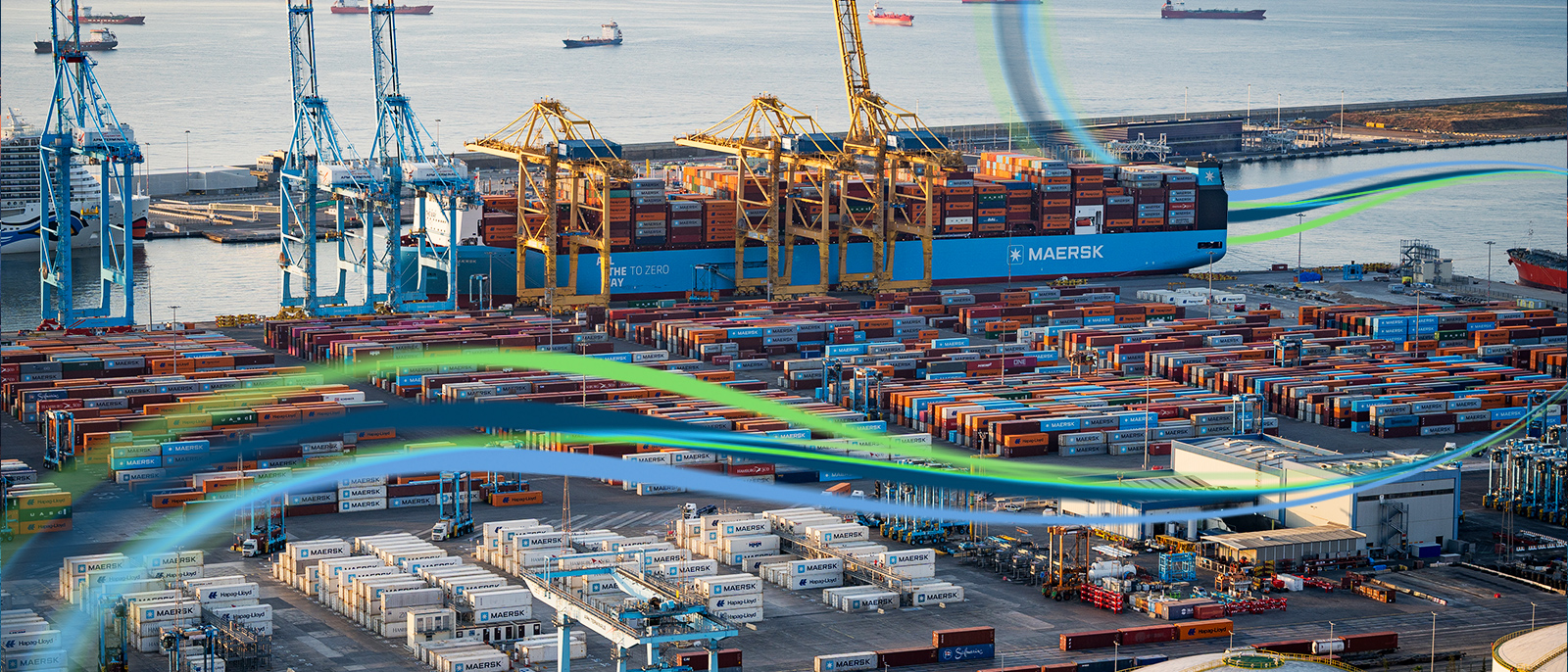Trade between the United Kingdom and the European Union has undergone a significant transformation since Brexit, with businesses adapting to new customs procedures, regulatory divergence, and shifting market dynamics.
In 2025, the landscape continues to evolve as both sides adjust their trade policies and respond to economic, political, and environmental pressures.
For freight forwarders and shippers, navigating these changes requires a blend of compliance expertise, operational flexibility, and strategic planning.
The Current Trade Environment:
Post-Brexit trade agreements have established the framework for goods movement between the UK and EU, but the reality of day-to-day operations remains complex. Customs checks, rules of origin requirements, and sanitary and phytosanitary (SPS) controls have added time and cost to cross-border shipments. While digital systems and streamlined procedures have helped reduce delays in some areas, inconsistencies between ports and border points mean transit times can still vary significantly.
Regulatory divergence is another growing factor. As the UK and EU develop separate standards in sectors such as chemicals, food, and manufacturing, businesses must ensure compliance with two sets of rules — a challenge that can increase administrative overhead and complicate supply chains.
Impacts on Freight Operations:
Border delays and increased documentation requirements have prompted many companies to adjust their logistics models. Some have shifted to holding larger inventories in their destination markets to avoid disruption. Others are using more regional distribution hubs or increasing reliance on intermodal transport to provide flexibility. The additional complexity has heightened the importance of accurate paperwork, real-time tracking, and close coordination with customs authorities.
Opportunities in the New Landscape:
Despite the challenges, the changing trade environment has opened new opportunities. Demand for customs brokerage services has grown, as has the need for specialist logistics providers who can navigate regulatory requirements efficiently. UK-based exporters are exploring alternative markets beyond the EU, creating fresh freight flows to regions such as North America, the Middle East, and Asia-Pacific. Similarly, EU suppliers are strengthening links with UK partners in niche sectors where demand remains strong.
Strategies for Forwarders and Shippers:
To succeed in this environment, businesses should invest in customs compliance expertise, whether in-house or through trusted logistics partners. Digital tools for document submission, cargo visibility, and regulatory updates can streamline operations and reduce the risk of delays. Building relationships with multiple carriers and route options allows for greater resilience if disruptions occur at a particular port or crossing. Regularly reviewing supply chain strategies to balance cost, speed, and reliability will help maintain competitiveness.
Looking Ahead:
UK–EU trade conditions will continue to evolve as new policies, regulations, and economic trends emerge. While the initial disruption of Brexit has passed, ongoing changes mean adaptability remains essential. Freight forwarders and shippers that invest in compliance capabilities, maintain operational flexibility, and explore new market opportunities will be well placed to thrive in this complex and shifting trade environment.
If we can help you, please contact us.
